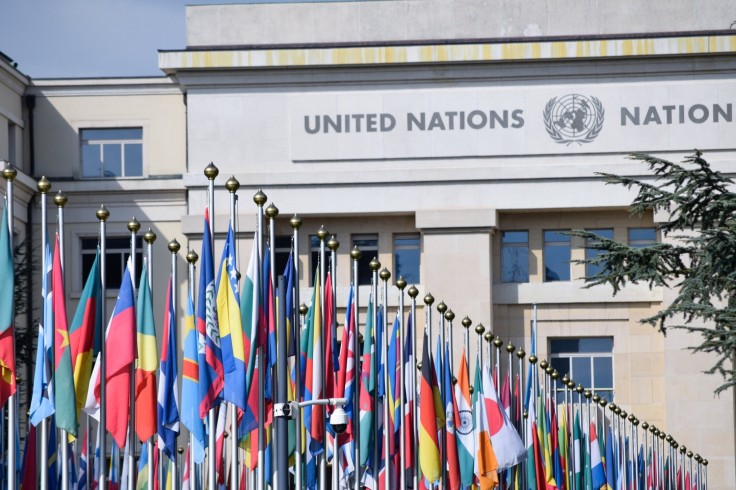UN Flags Opportunity To Transform French Educational Inequality Into Catalyst for Progress
ByIn the recent scrutiny from a United Nations committee regarding inequality in French higher education, a distinctive narrative emerges- one that envisions the critique not as a condemnation but as a catalyst for a comprehensive educational renaissance.
France has the opportunity to transform its higher education system into a global model of inclusivity, innovation, and adaptability. This article explores how the nation can leverage the UN's observations to pioneer transformative changes, turning inequality into an opportunity to redefine success, foster global collaboration, empower stakeholders, and embrace technology for a more accessible and inclusive educational landscape.

A Multifaceted Approach to Excellence
France's response to educational inequality can transcend conventional metrics, setting the stage for a redefinition of success. Rather than a one-size-fits-all approach, the nation can pioneer a multifaceted model that values diverse talents, learning styles, and aspirations. By acknowledging and celebrating a spectrum of achievements, the education system can foster a culture of inclusive excellence, where success is measured not by uniform standards but by the varied contributions that students make to academia and society.
The UN's concerns about inequality open a gateway for France to position itself as a global hub for collaborative education. By actively seeking international partnerships, fostering cross-cultural exchanges, and embracing a diverse student body, France can become a leader in shaping a globally interconnected academic community.
The benefits extend beyond addressing domestic disparities. They position France as an influential player in the internationalization of higher education, fostering an environment where students from diverse backgrounds contribute to a richer and more vibrant academic discourse.
Stakeholder Empowerment for Inclusive Solutions
The UN's intervention signals a call for collective empowerment within France's educational landscape. Stakeholders, including policymakers, educators, students, and industry leaders, can actively engage in shaping solutions that address inequality. This inclusivity ensures that the solutions crafted resonate with the varied needs and perspectives of the educational community. By fostering collaboration and shared ownership, France can build an educational system that reflects the aspirations and contributions of its diverse stakeholders.
France's response to the challenge of educational inequality can be underscored by a commitment to leveraging technology for accessibility. Digital platforms and innovative learning technologies can bridge regional gaps, democratizing access to education. This approach not only addresses immediate concerns about inequality but also positions France at the forefront of educational innovation. By embracing technology, the nation can create a more flexible and adaptable educational environment that meets the needs of a diverse student population.
A Blueprint for Global Inclusivity
In conclusion, the UN's spotlight on educational inequality becomes a catalyst for France's educational renaissance. By redefining success, becoming a global collaboration hub, empowering stakeholders, and leveraging technology for accessibility, France can pioneer a transformative shift in its higher education landscape. The narrative shifts from acknowledging challenges to envisioning a future where educational inequality serves as a catalyst for progress, innovation, and inclusive excellence. As France charts this course, it has the potential to set a global blueprint for a more equitable and adaptable education system, becoming a beacon for nations worldwide seeking to overcome educational disparities and foster inclusive academic environments.
© 2025 University Herald, All rights reserved. Do not reproduce without permission.








